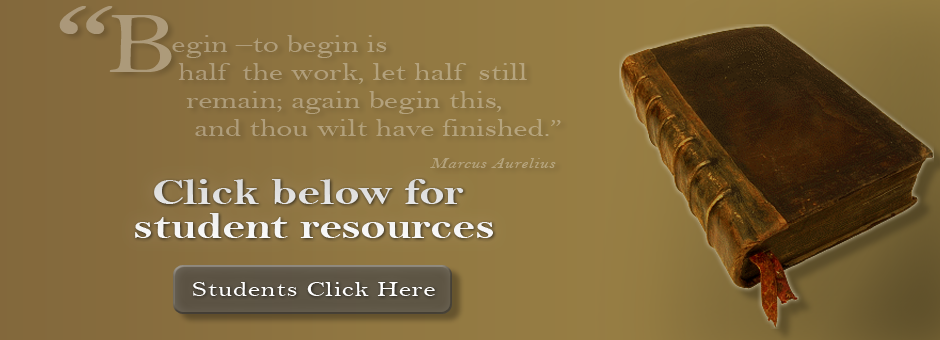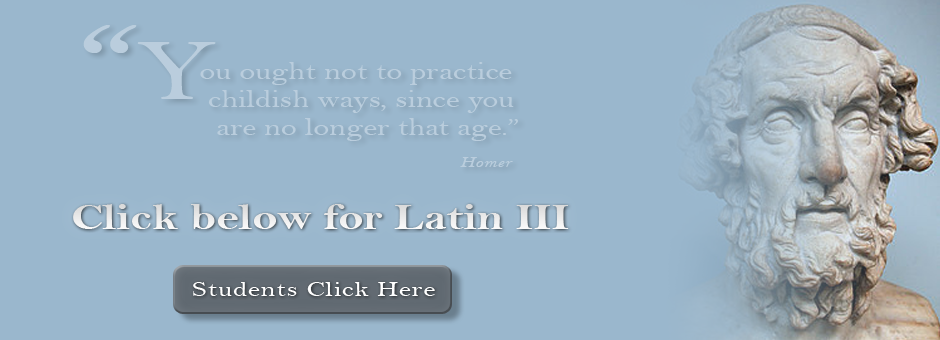Calendar
***Break Assignment***
250 word Personal Statement on anyone of the following topics:
1. Some students have a background, identity, interest, or talent that is so meaningful they believe their application would be incomplete without it. If this sounds like you, then please share your story.
2. The lessons we take from failure can be fundamental to later success. Recount an incident or time when you experienced failure. How did it affect you, and what did you learn from the experience?
3. Reflect on a time when you challenged a belief or idea. What prompted you to act? Would you make the same decision again?
4. Describe a problem you’ve solved or a problem you’d like to solve. It can be an intellectual challenge, a research query, an ethical dilemma-anything that is of personal importance, no matter the scale. Explain its significance to you and what steps you took or could be taken to identify a solution.
5. Discuss an accomplishment or event, formal or informal, that marked your transition from childhood to adulthood within your culture, community, or family.
Some assistance
Dear Class at Fordham,
Here are the links for this week’s readings:
The universities of ancient Greece
Take care!
Dear Class,
Here is the link for this week’s reading, same as last week’s link, but the pages to be read are from 46-60:
Also, here is a link to the audio files for Plato’s Gorgias, with on-line text:
Gorgias – LibriVox
Wikipedia Book – Gorgias (a little preliminary reference that may be useful)
And, if you are interested in the book review I mentioned about atheism in the ancient world:
Battling the Gods: Atheism in the Ancient World
Moral letters to Lucilius English Text
Moral Letters, Vol. I Free audio format
The Moral Epistles: 124 Letters to Lucilius for purchase at Audible
Plutarch • The Education of Children text
03 – A Discourse Touching the Training of Children, part 1 audiobook
04 – A Discourse Touching the Training of Children, part 2 audiobook
Plutarch • De Auditu text
31 – Of Hearing, part 1 audiobook
32 – Of Hearing, part 2 audiobook
Note the two translations are different, but the text for the audiobook can be found here: Online text on pages 3 and 441, respectively.
Dear Class,
Here are a few things to help you with your capstone papers, which are to be a synthesis of everything we have learned this semester, beginning with a concise description of education in the classical model (it’s focus on language, rhetoric and literature [the progymnasmata, for instance], its moral and aesthetic character, its supplementation by philosophy), then continuing with the adaptation of the classical curriculum by the early Church Fathers [both Greek and Latin, with specific examples], thence onward into the middle ages with Cassiodorus and the trivium/quadrivium, and ultimately into the Renaissance. I would end with some reflection about the current state of education in light of our last lecture and Victor Davis Hanson’s book, along with some of your own ideas about what the place of of the classics should be in education now. Feel free to incorporate some material from your previous essays.
Ecce!
Something I wanted to upload, but couldn’t, two weeks ago delbanco- what college is, was and should be
An article about using Quintilian’s methods in today’s classroom knoblauch-quintilian-today
Good material on and by the Sophists sourcebook-sophists
Powerpoint early-Christian-reception-of-classical-education-the-latin-Fathers
Powerpoint the-departure-from-classical-Christian-education-in-modern-america
Powerpoint early-Christian-reception-of-classical-education-the Greek-Fathers
And a great article I just read: A Student’s Guide to Liberal Learning



